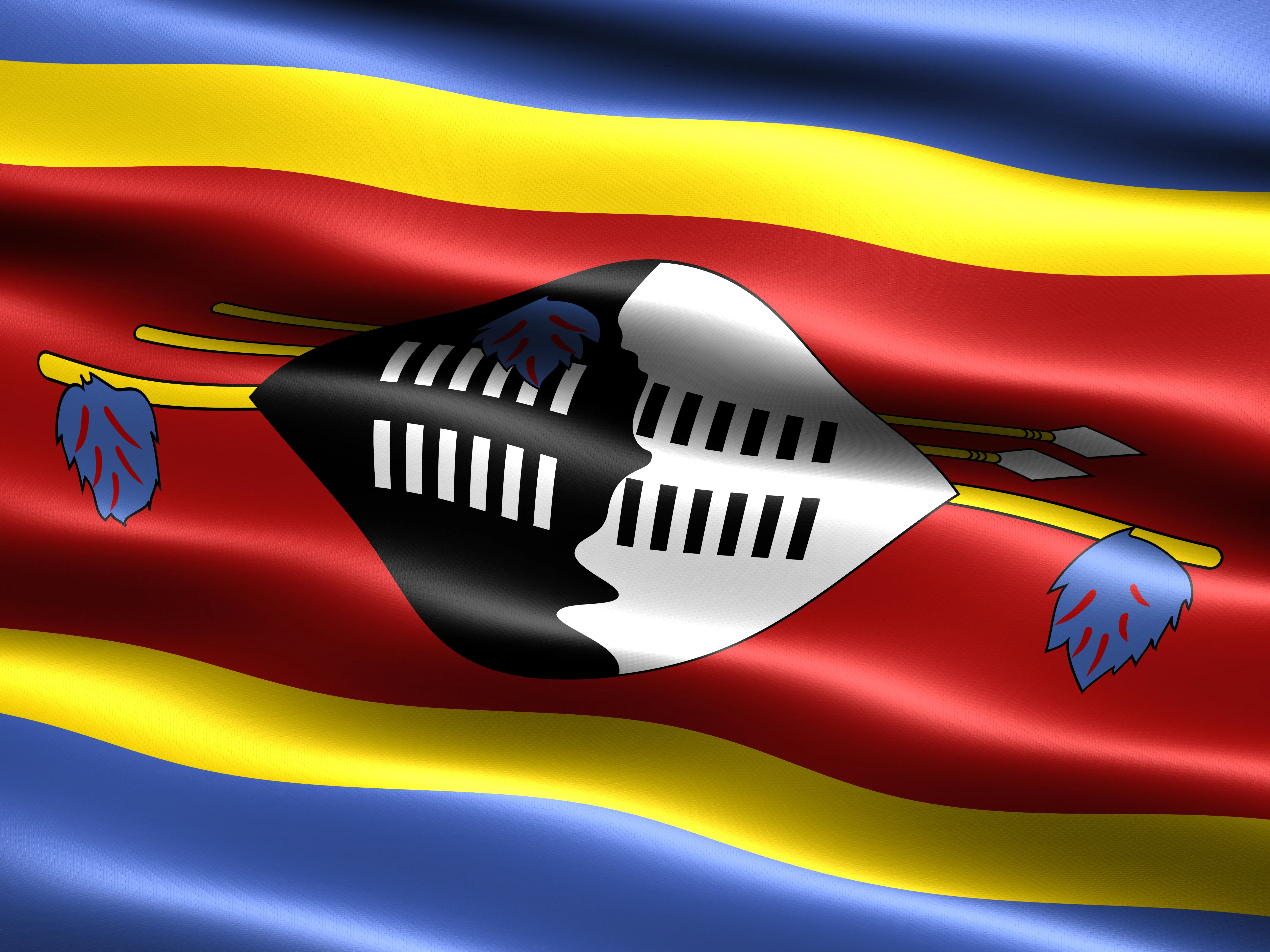
Factual Background
The Trade Union Congress of Swaziland (TUCOSWA) organized a country wide protest that was to occur on 17, 18, and 19 September 2018. It was to be held in four locations: Mbabane, Manzini, Nhlangano and Siteki. On 10 September 2018, a full seven days before the first day of protest, the General Secretary of TUCOSWA and the officially designated convener of the protest, submitted a Notice of Gathering to the Chief Executive Officer of each of the four municipalities. The protest commenced on 17 September 2018. There were peaceful protests in Mbabane, Nhlangano, and Siteki, however, clashes between the protesters and the police broke out in Manzini. Internal investigations determined that the police were the cause of the altercation when they used unnecessary force to try and disrupt and discontinue the protest.
On the morning of 18 September, the union was called into a meeting at the Manzini Police Regional Headquarters and was informed that the National Commissioner of Police had decided to prohibit all further protest actions called by TUCOSWA. The prohibition applied to all towns and cities in Eswatini. There was no consultation or enquiry by the National Commissioner of Police. Furthermore, there were no cogent reasons given for the prohibition. TUCOSWA postponed the protests, and subsequently filed and application in the High Court of Eswatini.
In the High Court
The applicant accordingly seeks the following orders:
- That the court reviews and sets aside the decision of the National Commissioner of Police to prohibit the applicant and its members from participating in a protest which was scheduled for 18 and 19 September 2018.
- That the court declares that the National Commissioner is enjoined by the Public Order Act to consult the convenor of a protest before he can declare the protest prohibited.
- That the court declares that the National Commissioner of Police is precluded by the Public Order Act from unilaterally declaring a protest prohibited without having explored other possible avenues.
These orders require the court to interpret the provisions of the Public Order Act. The declaratory orders are necessary to ensure that the new Public Order Act is properly complied with in the future. In 2017, Swaziland enacted the Public Order Act. The Act encoded a rights-based approach to regulating assemblies and public gatherings, and encoded many of the principles dictated under international and regional human rights law.
The Act requires notification of the local authority or the National Commissioner of Police about public protests, but does not require a permit. The police may hold a consultation to discuss possible restrictions on protests, but “when a convener has given notice…a local authority may not make any amendments to a notice, or attach any conditions to the conduct of the gathering, or prohibit the gathering without consulting the convenor”. Furthermore, “[i]f a convenor has not received a notice of prohibition or a compliance certificate even though he served a notice on time, the convenor retains a right to proceed with a gathering.”
Under the Act, the National Commissioner may prohibit a gathering only if she “has reason to believe that the gathering will endanger the maintenance of public order and public safety”, but this prohibition must be “necessary to achieve the legitimate aims of national security, public safety, public order, the protection of public health or morals or the protection of the rights and freedoms of others; and proportionate to the harm…that is sought to be avoided.” Furthermore, “an intended gathering may not be prohibited unless … National Commissioner is satisfied on reasonable grounds, and having regard to the views of the convenor and other consulting parties that no amendment, conditions or arrangement … would prevent the threats” to public order and public safety. If a prohibition is made, “[t]he notice of prohibition shall be accompanied by brief reasons in writing for the prohibition.” Additionally, prohibition may not be made on a condition related to “the religion or belief to be professed, or thoughts or feelings to be expressed, unless such professions or expressions are contrary to law”.
The case is awaiting a hearing date. The applicant is represented by Sipho Gumedze.



